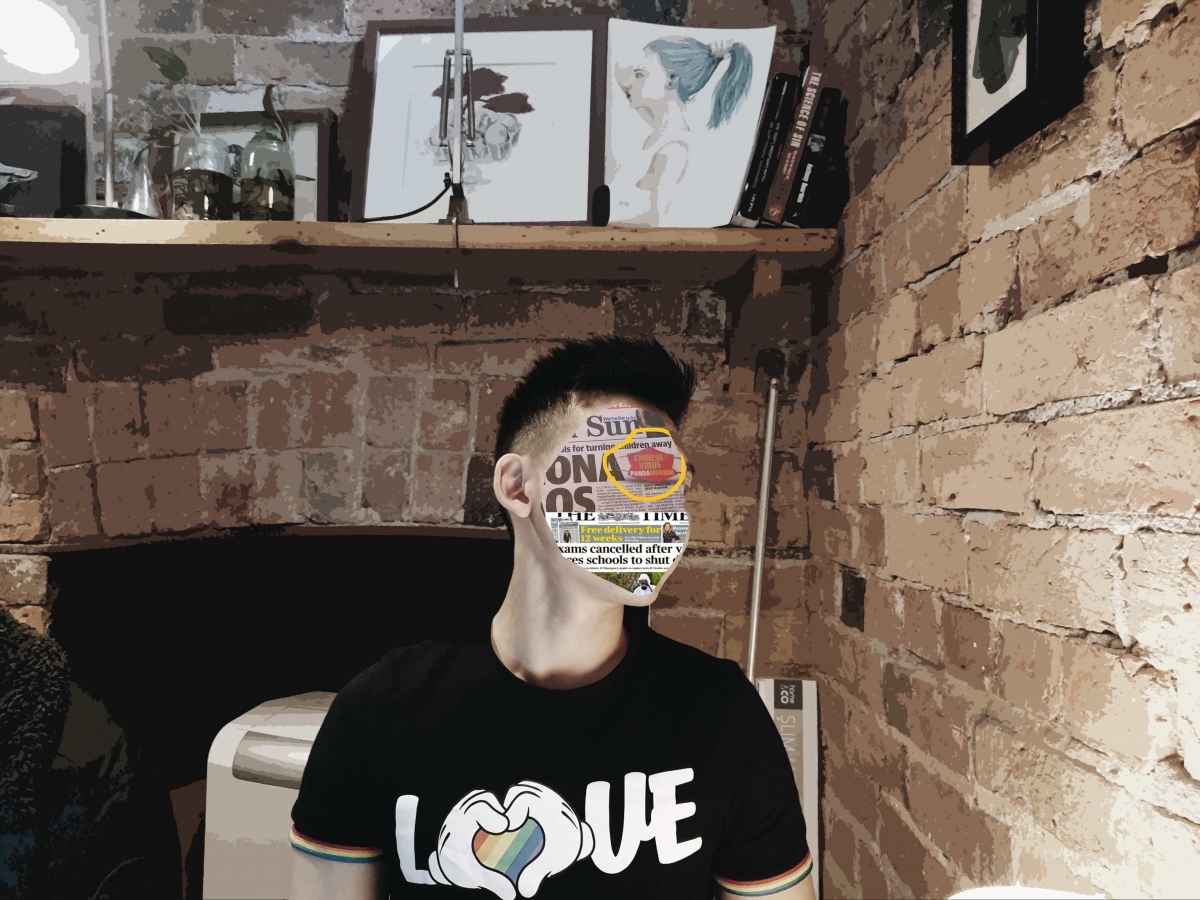With the issue surrounding COVID-19 and government and university responses getting more alarming, it’s inevitable for us to feel at least some sort of stress about the whole situation. From exaggerated fear being expressed online to racialised media (rapper, Lil Reese, calls Chinese people ‘nasty as hell’), the coronavirus pandemic has done nothing short of plunging us into a worldwide panic.
It’s during times like this where we have to try our best to keep our mental health in check. Letting ourselves feed into the panic will only create new problems and make existing ones worse by the second.
Here are some ways for you to reduce your stress:
Limit the time you spend reading about news on COVID-19
While keeping up to date with the current situation might seem like the right thing to do, The spreading of misinformation and the amount of news covering Covid-19 regarding the coronavirus can be overwhelming, doesn’t help much and can be detrimental to your mental health.
Join information and support groups regarding COVID-19
If completely isolating yourself from the news isn’t something you’d like to do, you can always opt to join information and support groups regarding the coronavirus epidemic. With the amount of fake news and misinformation being spread, these support group is a great way to gain accurate information without all the panic and stress.
Talking to others who share your concerns can also help make you feel less alone. In this time of need, we’re all stressed out and worried for our own health and the health of others. You shouldn’t have to suffer through your worries by yourself.
Here are some support numbers to check out:
- Melbourne corona support telegramchat: https://t.me/MelbCoronaSupport
- Telegram group discussion channel: https://t.me/joinchat/OOuPaUghoE9pjMEIe25jVQ
- Beyond Blue mental health support service: 1300 22 4636
- Headspace: 1800 650 890
- Lifeline Australia : 13 11 14
Set up calls with family and/or loved ones who may be overseas
When you’re far away from your family and loved ones, it can be difficult not knowing how they are or how they might be coping with the situation. Setting up calls to check in on them is good for both your mental health and theirs. If you haven’t yet, call them up and see how they’re doing!
Take a break from social media & mute accounts or keywords that may stress you out
Watching people panic online is only going to make your panic even worse. Don’t feel bad to mute, block or unfollow anyone who may be panicking too much about the situation for your mental health. Another great way to avoid triggering words is to mute them on your twitter, in the case that you might stumble on an anxiety-inducing tweet on your timeline from someone you don’t know. And if that’s still a little too much for you, take a break from social media and log off.
What do you do to keep your mental health in check during this time? Tell us in the comments below!

